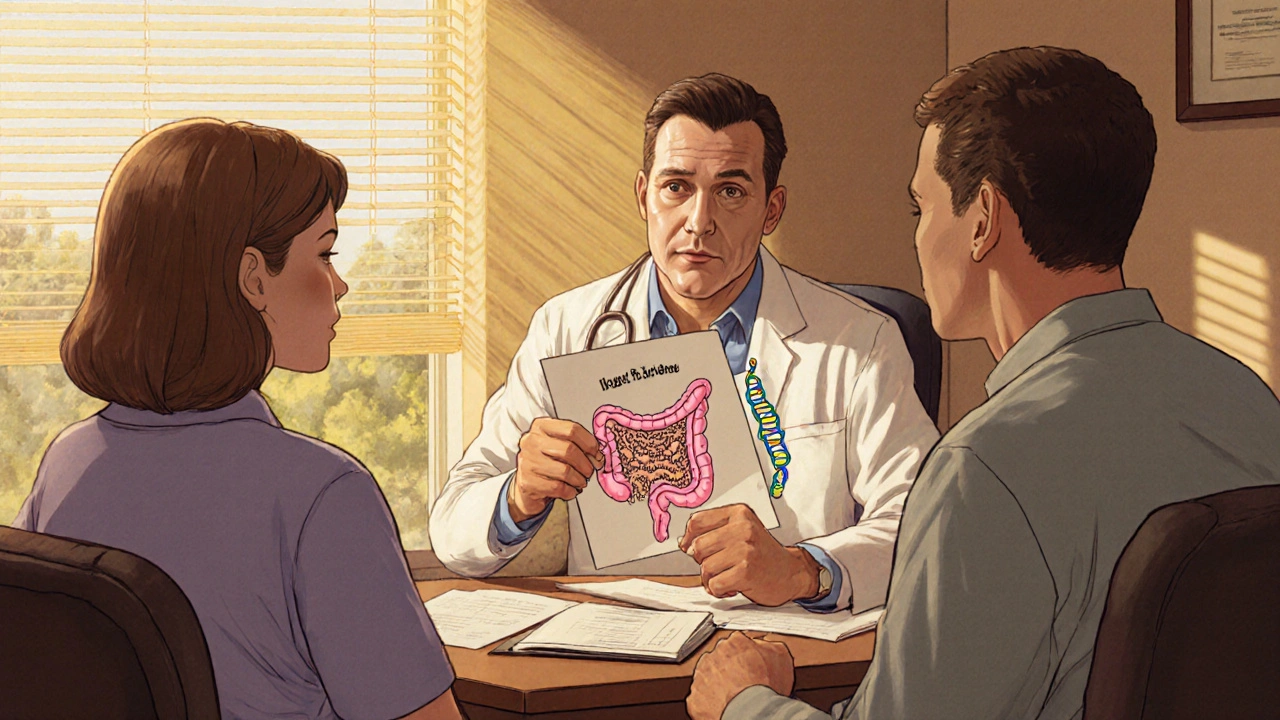Genetic Testing: Understanding Its Impact on Health
When working with genetic testing, the analysis of an individual’s DNA to identify variations that affect health, traits, or disease risk. Also known as DNA testing, it enables doctors, researchers, and patients to make informed decisions.
One of the core tools behind genetic testing is DNA sequencing, a laboratory method that reads the exact order of nucleotides in a DNA molecule. This technology provides the raw data that powers everything from rare disease diagnosis to ancestry reports. Because DNA sequencing supplies the detailed blueprint, genetic testing can move beyond simple trait checks and enter the realm of precise health management.
Why genetic testing matters today
Another major branch that relies on genetic testing is personalized medicine, a treatment approach that tailors medical care to an individual’s genetic makeup. When a clinician knows which gene variants a patient carries, they can choose therapies that are more likely to work and avoid those with higher risk of side effects. This connection creates a feedback loop: personalized medicine drives demand for more extensive genetic testing, and better test results improve personalized care.
Screening for carrier status is a practical example of how genetic testing protects families. Carrier screening, tests that determine whether a person carries a recessive gene mutation that could be passed to children, is especially important for couples planning a pregnancy. Knowing carrier status early lets families make reproductive choices with confidence, reducing the chance of surprise genetic disorders.
Then there’s pharmacogenomics, the study of how genetic variations affect drug response. This field shows how genetic testing influences medication decisions, from pain relievers to cancer therapies. By matching drugs to a patient’s genetic profile, pharmacogenomics can lower adverse reactions and improve effectiveness.
All these pieces fit together like a puzzle. Genetic testing provides the data; DNA sequencing creates the picture; personalized medicine uses that picture to guide treatment; carrier screening applies the picture to family planning; and pharmacogenomics tunes medication choices. Together they form a network that reshapes modern healthcare.
In the articles below you’ll see how these concepts play out in real‑world situations—whether it’s managing chemotherapy side effects, comparing drug options, or understanding the genetics behind skin conditions. Each post links back to the central ideas of genetic testing, giving you a practical roadmap to navigate the evolving landscape of health and genetics.
Genetic Testing for Polyposis: Diagnosis & Treatment Guide
Explore how genetic testing pinpoints the cause of polyposis, guides surveillance, surgery and targeted therapies, and empowers patients and clinicians to make informed decisions.
Read





